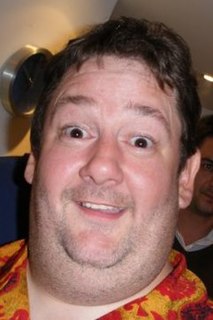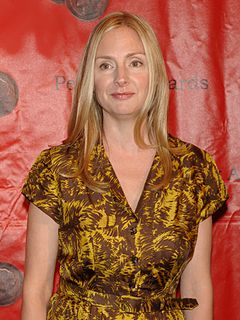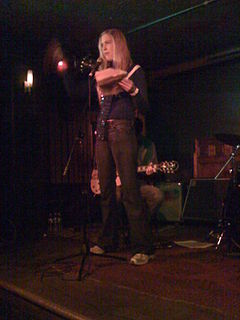A Quote by Loung Ung
I have my writing therapy. For me, writing and friends therapy is an internal journey where you go in deep, you reflect, you try to heal your inner child. But as an activist, there's the outward, going wide therapy, where you get to realize at a certain point that talking about yourself gets boring. And it's also unhealthy to be so much into yourself. At some point, you have got to be able to look at the issue and say, "It's not about you. It's about a culture, a people, a nation, a family."
Quote Topics
Able
About
About Yourself
Activist
Also
Boring
Certain
Certain Point
Child
Culture
Deep
Family
Friends
Get
Gets
Go
Going
Got
Heal
Inner
Inner Child
Internal
Issue
Journey
Look
Me
Much
Nation
Outward
People
Point
Realize
Reflect
Say
Some
Talking
Talking About Yourself
Therapy
Try
Unhealthy
Wide
Writing
Your
Yourself
Related Quotes
The cognitive therapy that takes place in the film Antichrist is a form of therapy that I have used for some time, and it has to do with confronting your fears. I would say that especially the part of the film that has to do with therapy is humoristic because people who know about this form of therapy would know that the character is more than a fool.
Nowadays it's a big issue in Europe because you are forced to describe yourself by your culture, and you begin to forget about yourself, your identity. You're supposed to act in certain ways. You're limited. When you try to go outside the lines to go into some other garden, then you're blamed and stoned because it's like blasphemy. When we talk about culture, we have to see those two sides to it. When we ignore it, it's dangerous. When we talk about it too much, it's also dangerous. We have to have a moderate balance.
I have not spent years in therapy; I tried therapy in my mid-twenties, and it did not go very well. I just thought, 'This is so not for me. I would rather talk to one of my girlfriends.' I'm not at a point in my life when I'm analyzing too much. I have young children, and I'm just pretty much crazed.
You're writing for some version of yourself. You're writing the kinds of things that you like to read or wanted to read at a certain point. So, primarily for most of my career, I've written the kind of criticism that fascinates me. The things I discovered the things that get me going, that I'm excited about.
I'm able to laugh now, because I've gone through a lot of mental and physical therapy to heal over the years, my music's been wonderful for me. But I was a shell of my former self at one point. I was not myself. To be fair, I was about 19, so ... I went to Catholic school and all this crazy stuff happened, and I was going, 'Oh, is this just the way adults are?' I was very naive.
The therapy has been on and off, but I'll always go. I notice when I don't go, I start creating bad habits for myself. It's up to me to put in the effort. And I definitely watch The Secret a lot. That's part of my therapy: positive thinking. Really seeing yourself having everything you want, and feeling the emotion of having that. I did that about a Grammy. When The Secret came out, I was saying, "I'm going to win a Grammy." And I went there with my hypnosis and believing, really feeling what it would be like to have one.
The government ought to help out, because the average citizen can't go out and be doing reviews of the scientific literature. And focus on the processes that have low side effects and good long-term outcomes. Right now you're going to find those in the psychosocial area, in the therapy area, in the empirically supported treatments such as ACT or cognitive behavior therapy, behavior therapy. And go there first rather than going to the pill bottle as if it's going to be the end of your journey. Very often it's only going to help, and even only to a minor degree, and more is going to be needed.
I would rather not write if I'm depressed, or am going through a breakup, or I've had some disappointment, or I'm having a family issue. You don't want to just put out an open wound. Sometimes that just isn't even really good writing. Good writing should be good writing and storytelling and not just therapy or someone's personal journal.






































